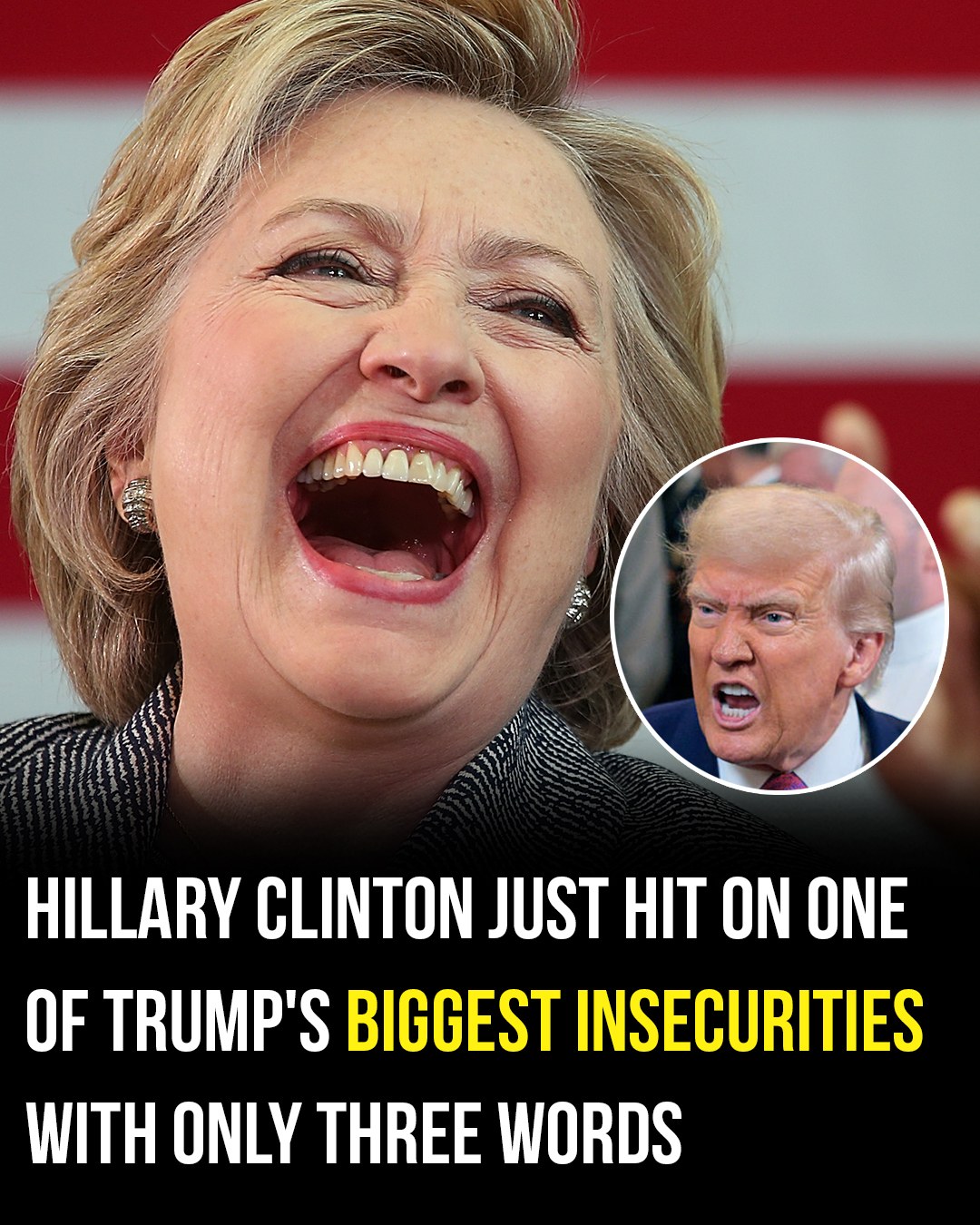Later, Clinton added another comment:
“On the one hand, Trump’s low-energy parade (that cost taxpayers $45 million). On the other, millions of people gathering peacefully to say: Here, we have no kings.”
The phrase “No Kings” became a rallying point online, trending across platforms like Instagram and X (formerly Twitter). Supporters described Clinton’s post as a reminder of democratic ideals, and applauded the timing and tone of her message. One popular comment read, “She said more with three words than most speeches.”
However, the post also drew criticism from conservative commentators and public figures. Some viewed her remarks as dismissive of the military and of those who attended the D.C. celebration. Others took issue with Clinton’s attendance at a private event in the Hamptons during the same weekend, suggesting it showed a disconnect from public life.
Right-wing media outlets were quick to highlight the contrast, with some accusing Clinton of politicizing what they saw as a patriotic commemoration. A retired military official posted, “Leadership is about showing up. That goes for everyone.”
Clinton’s supporters pushed back, emphasizing that her remarks were focused on principles, not individuals. Many framed her message as a defense of democratic norms rather than an attack on specific events or people.
Regardless of where one stands politically, the post reignited longstanding tensions between Clinton and Trump—two of the most polarizing figures in modern American politics. Yet it also underscored how a few carefully chosen words can shape national conversations.
As the 2024 election season intensifies, with Trump once again a central figure and the nation watching every move of its political leaders, Clinton’s post served as a reminder that she remains a significant voice in the discourse—concise, calculated, and still capable of making headlines with just a sentence.

